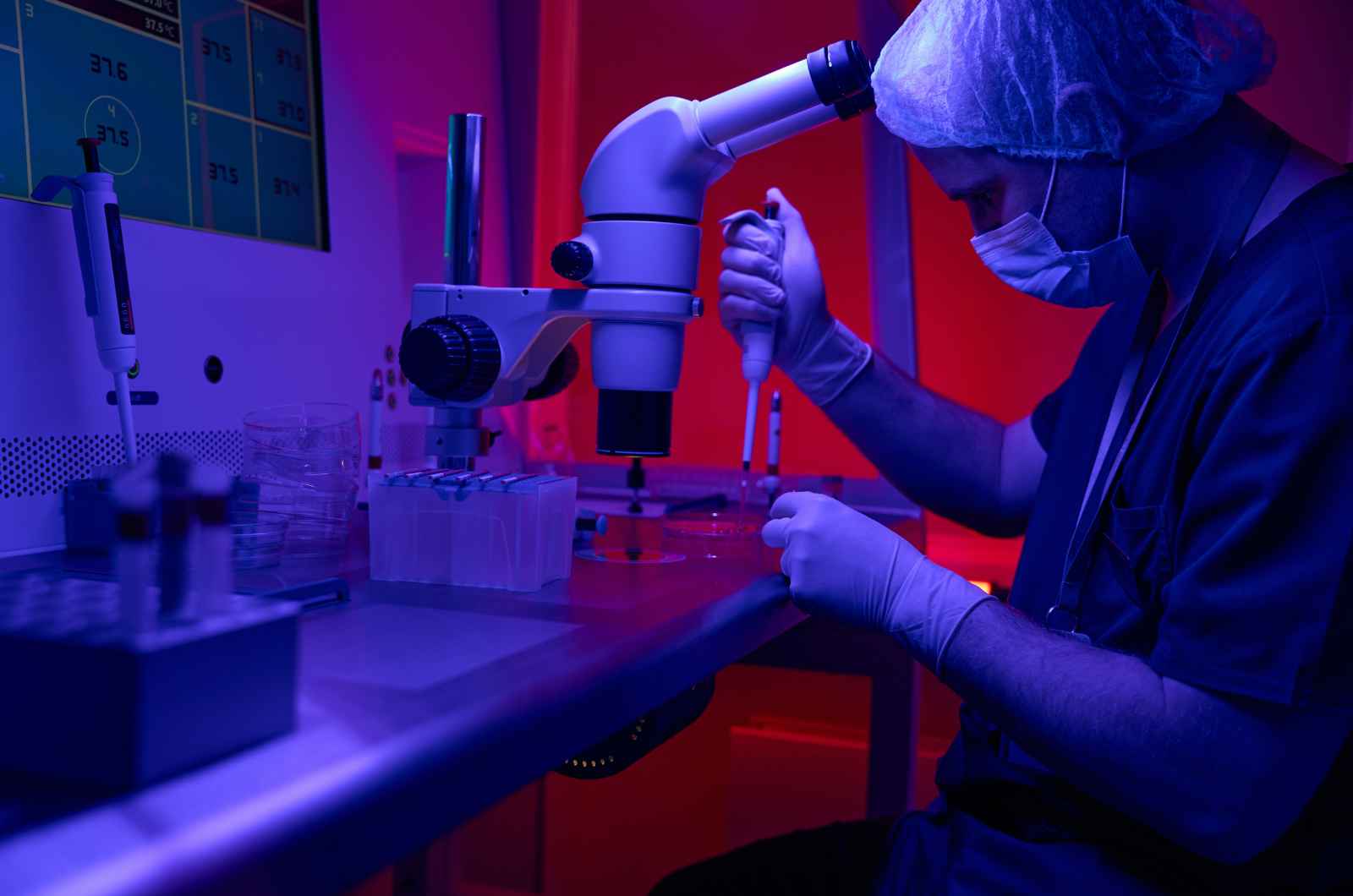?What Are Cell-Based Assays
cell based assay are experiments that use live cells to evaluate the effects of various compounds, such as drugs or toxins. By closely monitoring how these cells respond, scientists can gather valuable information about the biological activities and potential impacts of these substances. Think of it as putting cells under a microscope and observing their behaviors in real-time. This approach provides a more accurate representation of how cells interact within the body, making cell-based assays essential tools in biomedical research and drug development. They help researchers understand the intricate details of cellular processes and responses.
?How Do Cell-Based Assays Work
Cell-based assays are fascinating tools that let us dive into the microscopic world of cells. These assays typically involve introducing live cells to various compounds, such as drugs or toxins, and then observing their responses. By using different reagents and techniques, we can measure a range of cellular activities.
To start, cells are cultured in a controlled environment, often in multi-well plates. These plates allow for multiple tests to be conducted simultaneously. Researchers then add compounds to the wells, and the cells' reactions are monitored. Fluorescent markers or dyes are frequently used to highlight specific cellular changes, making it easier to track and measure responses.
The data collected from these assays can reveal critical information about cell viability, proliferation, apoptosis, and other cellular functions. This process helps scientists understand how potential drugs interact with cells, providing valuable insights that can guide further research and development.
?What Are the Different Types of Cell-Based Assays
In the realm of cell-based assays, there are various types tailored to specific research needs. Each type provides unique insights into cellular responses and mechanisms, making them essential tools in drug discovery.
Viability and Cytotoxicity Assays
Viability assays help determine if cells are alive and thriving. They use reagents like MTT or ATP measurements to assess cell health. Cytotoxicity assays, on the other hand, identify cellular damage caused by compounds or environmental conditions. These assays are crucial in drug development as they reveal if new drugs are harmful to human cells.
Proliferation and Apoptosis Assays
Proliferation assays measure cell growth, akin to counting heads in a growing crowd. They show how cells multiply under specific conditions. Apoptosis assays detect programmed cell death, indicating which cells are undergoing apoptosis due to treatments. These assays are vital for understanding how therapies affect cell survival and death.
Functional Assays for High-Throughput Screening
Functional assays, including high-throughput screening, allow researchers to test thousands of compounds quickly. Using technologies like fluorescent reporters, these assays provide real-time insights into cellular mechanisms. This high-throughput approach accelerates drug discovery by identifying promising leads efficiently.
Why Are Cell-Based Assays Crucial in Drug Discovery?
Cell-based assays are vital in drug discovery because they provide insights into how potential drugs interact with living cells. They help researchers understand the efficacy and toxicity of new compounds early in the development process. By observing cellular responses, scientists can predict how a drug will behave in the human body, which reduces the reliance on animal testing and speeds up the identification of promising drug candidates. Additionally, these assays allow for high-throughput screening, enabling the testing of thousands of compounds quickly and efficiently. This accelerates the overall drug discovery process, making it more cost-effective and reliable.

